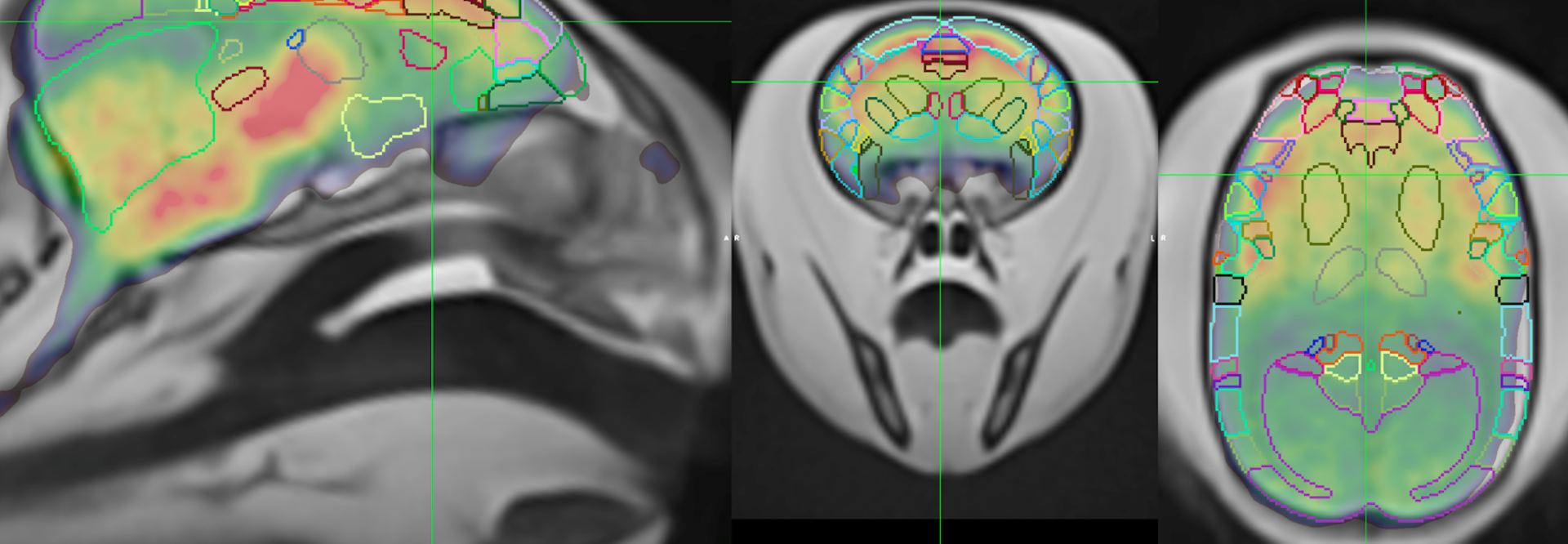

PET/CT and MR Neuroimaging Methods to Study Alzheimer’s Disease
Key Learning Points
- Neurodegenerative diseases
- Alzheimer’s disease
- Neuroimaging
- Marmosets
- PET/CT
- MRI
- Awake multimodal imaging
- 18F-FDG
- 11C-Pittsburgh Compound B (PiB)
What to expect?
This webinar will attract academic researchers, postgraduate students, principal investigators, and researchers in the pharmaceutical sector, particularly in drug development, working to fight neurodegenerative diseases. This webinar will benefit those working with small animals for drug discovery research seeking to understand better the role of cutting-edge imaging methods to complement their existing research programs.
Summary
Alzheimer’s disease (AD) is a devastating neurodegenerative disorder affecting nearly 55 million people worldwide and is expected to increase over the next several years. Our limited understanding of the mechanisms that trigger the emergence of AD has contributed to the lack of interventions that stop, prevent, or fully treat this disease.
We are working to establish the marmoset as the first primate-specific model to reveal the earliest cellular and molecular events of AD processes and allow charting of AD progression from its inception. We believe that the simultaneous assessment of genetic, molecular, functional, behavioral, and pathological phenotypes in marmosets will provide translatable knowledge of the origins and progression of AD in human populations. In this webinar, I will describe our use of multimodal neuroimaging techniques to evaluate AD-related phenotypes in our marmoset AD models, carrying all imaging in conscious, fully awake animals, thus avoiding the confounds of anesthesia.
Speakers
Afonso Silva
Endowed Professor of Translational Neuroimaging & Neurobiology at the University of Pittsburgh
Afonso Silva is an Endowed Professor of Translational Neuroimaging & Neurobiology at the University of Pittsburgh. He is a neuroscientist with extensive training and experience in developing and applying multimodal neuroimaging methods to study the anatomical and functional organization of the brain. Dr. Silva is an expert in working with marmosets, a New World non-human primate with several advantages as an experimental model in neuroscience and neurological disorders.